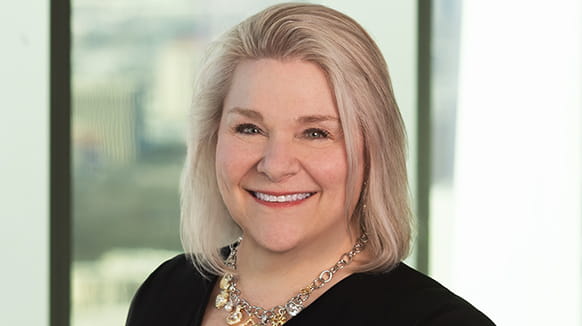Following the onset of the global pandemic in spring of 2020, The Cheesecake Factory issued a series of tentatively optimistic press releases, which—according to the SEC—excluded facts revealing the company’s financial difficulties. For example, in a March 23 press release accompanying a Form 8-K, The Cheesecake Factory indicated that it had transitioned from indoor dining to take-out and delivery. The company stated that its restaurants were operating “sustainably” under this model. The SEC’s Order finds that although the press release disclosed that the company had drawn down its last $90 million on a revolving line of credit, it did not reveal that the company had already sent letters to its landlords withholding April rent due to “severely decreased” cash flow.
Two days later, according to the SEC’s Order, media articles uncovered The Cheesecake Factory’s letters to its landlords, spurring the company to issue an updated press release on March 27. This release included information reflecting a more somber scenario: The company disclosed that it was in discussions with landlords regarding deferral or abatement of rent; that it had reduced compensation for company executives, directors, and certain other employees; and that it had furloughed 41,000 employees.
Then, on April 2, The Cheesecake Factory issued a press release containing a preliminary Q1 sales update reiterating that the restaurants were operating “sustainably at present.” The company furnished the press release in a Form 8-K to the SEC on April 3. The SEC’s Order found that this release and filing misled investors by omitting to disclose that the company was losing approximately $6 million in cash per week, that it had only 16 weeks of cash remaining, and that the company had excluded expenses attributable to corporate operations from its claim of sustainability. Based on this series of incomplete disclosures, the SEC deemed the March 23 and April 3 Forms 8-K “materially false and misleading.”
The Cheesecake Factory’s disclosure woes reveal the SEC’s stringent approach to allegedly misleading statements to investors in the COVID era. First, companies must avoid presenting an obfuscated or inappropriately positive picture of their operations and must fairly reflect all relevant business aspects in their financial disclosures during this pandemic. Additionally, disclosures must be accurate and complete at the time they are made; not even a close-in-time correction or supplementation will prevent a potential enforcement action. Notably, the SEC found that The Cheesecake Factory’s subsequent statements regarding landlord negotiations did not cure what it alleged were misleading statements made in the March 23 disclosure. Further, the somber disclosures in the March 27 press release were insufficient to render the company’s more positive statements in the April 3 release any less deceptive, according to the SEC. For these reasons, before issuing a disclosure, a company must review its statements to ensure that the picture painted at that precise moment in time could not be viewed as any sweeter than the business reality warrants, irrespective of previous or future statements. Second, companies should be mindful when using optimistic language. Phrases intended to inspire confidence in the company’s viability must be supported by all of the facts—both bitter and sweet.
The Cheesecake Factory agreed to pay a penalty of $125,000 without admitting or denying the findings in the SEC proceeding.


